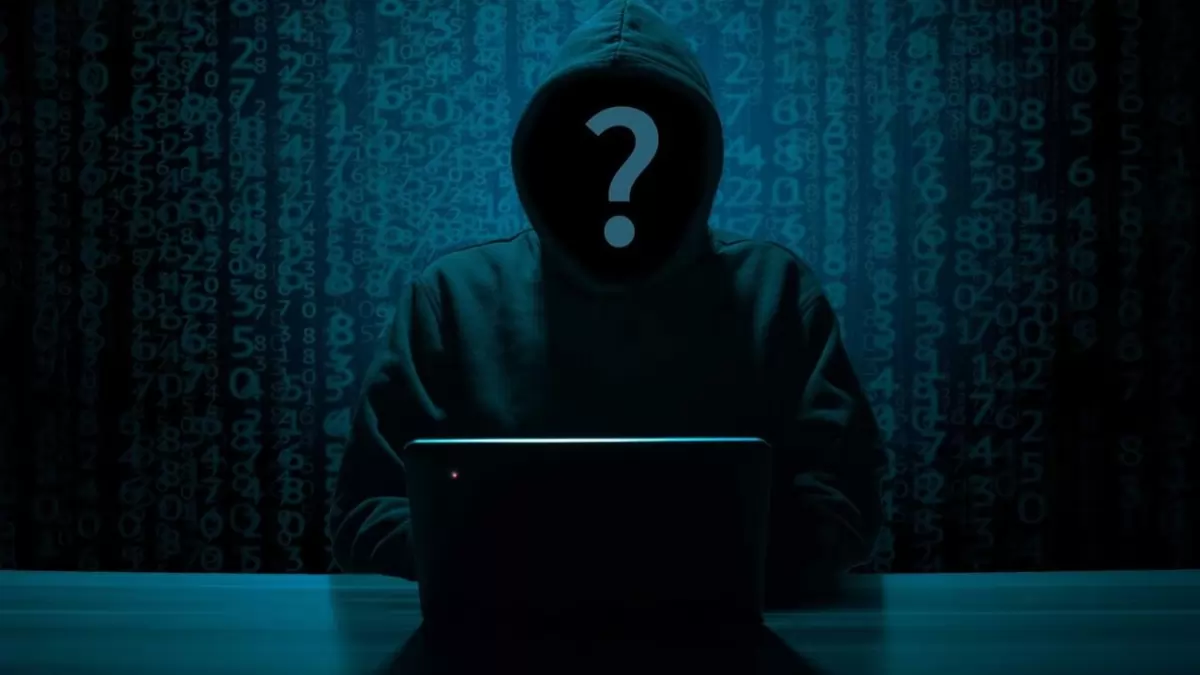
X
In the realm of digital communication, staying abreast of emerging scams is crucial, particularly those targeting essential services like electricity payments. A recent deceptive scheme has surfaced, highlighting the necessity for vigilance and awareness in the face of evolving threats.
Fraudsters have concocted a deceitful ploy, capitalizing on the method of communication used by electricity providers to relay monthly bill details via SMS or WhatsApp messages. Exploiting this channel, scammers are sending fraudulent messages about unpaid electricity bills, preying on unsuspecting individuals.
Numerous reports on Twitter shed light on this nefarious tactic, with users sharing experiences of receiving messages from unfamiliar numbers. These messages falsely claim that the recipient's electricity service will be terminated unless they urgently contact a provided number.
In response to these emerging scams, the official handle of PIB Fact Check on social media platform X issued a cautionary post. They clarified that the Ministry of Power had not issued any notices threatening disconnection of electricity services unless customers "update" their bills. The department urged consumers to exercise caution, especially regarding the sharing of personal and financial information.
To safeguard against such scams and differentiate between genuine and fake messages, several key steps are recommended:
1. Message Source Verification: Authentic communications from electricity providers typically originate from recognized official numbers, not personal or unknown ones.
2. Caution with Urgent Demands: Exercise scepticism if a message or caller insists on immediate action regarding bill payment. Scammers often use urgency to prevent careful scrutiny.
3. Content Examination: Scrutinize the message for spelling and grammatical errors, as well as inconsistencies. Legitimate government notices are usually well-crafted and devoid of errors.
4. Direct Contact with Relevant Authorities: In case of missed payments or suspicious communications, reach out directly to the electricity board or supplier using the official contact details provided on your bills.
By adopting these precautionary measures and staying vigilant, individuals can mitigate the risks posed by such fraudulent activities and protect themselves from falling prey to scams.





Copyright © 2025 Top Indian News
